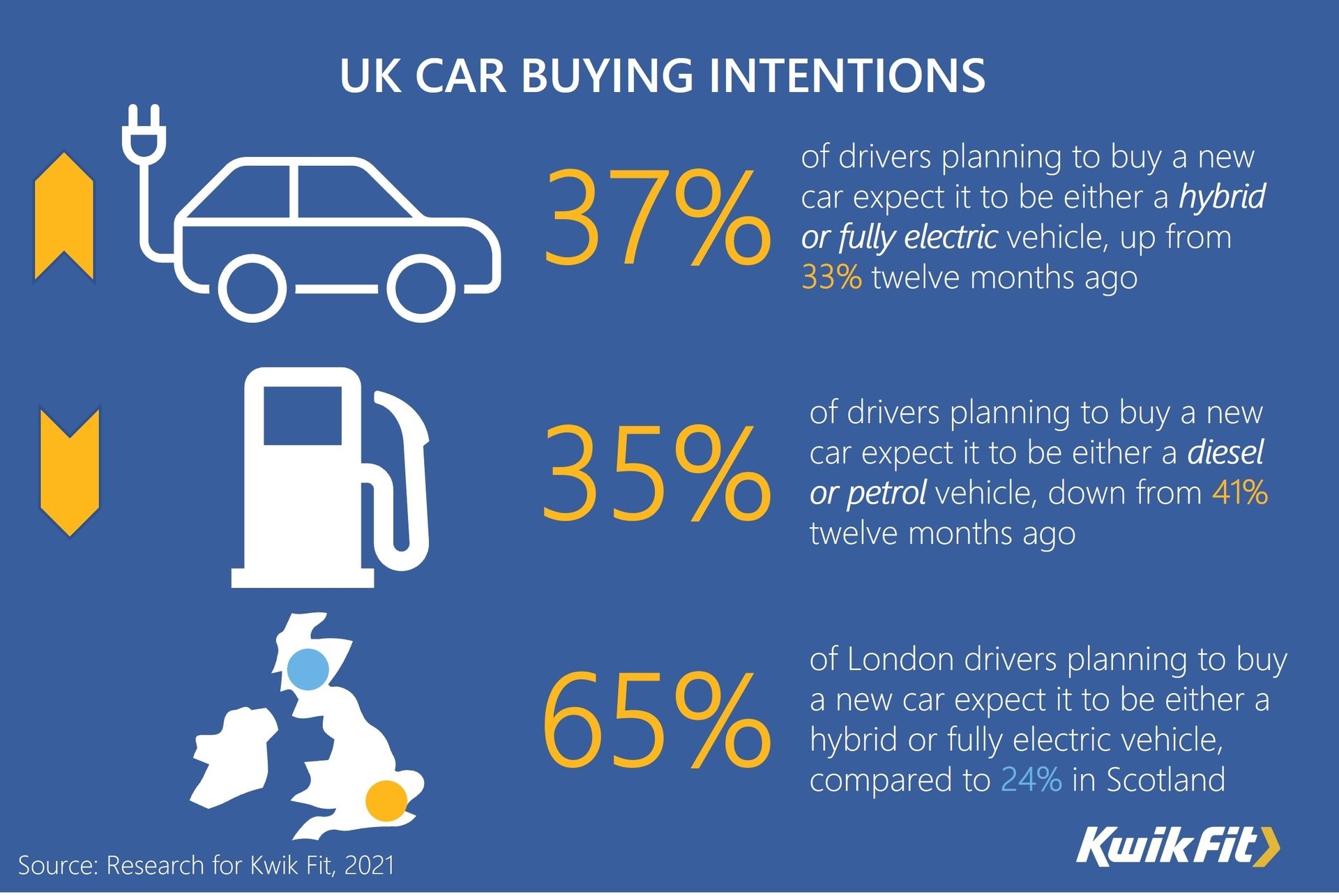How Electric Vehicles Are Making for Cost-Effective & Safe Motoring

Electric cars have gone from weird little curiosities and oddities, to environmentalists’ preferred transport, to performance icons (thanks to the likes of Tesla and Rimac) and now they’re probably something you’re seriously considering as your next car.
But I can see you’re wavering and hesitating, because there are still certain doubts and concerns. Despite being a self-confessed EV-sceptic myself, I have to concede that battery-powered cars are beginning to win the case against them – well mostly. Let’s tackle the key concerns:
Electric Cars and Price
They are indeed more expensive to buy. Take the UK’s top seller, the Vauxhall Corsa, the EV version is typically around £7000 costlier.
However, running costs are significantly lower. According to CompareTheMarket.com, the annual cost is 47% lower. Their research indicates the average cost to run an electric vehicle for 12 months is £1,091 compared with £2,062 for a petrol vehicle – a saving of £971.
On fuel consumption alone the savings are massive. A Tesla Model 3 driver doing 10,000 miles a year and charging at home at off-peak hours, can boast a total annual ‘fuel’ bill of just £125 compared to over £1500 for conventional fuel.
Regular maintenance can be at least 20% cheaper or up to 70% in some cases (Tesla doesn’t even advise service intervals). Keep in mind though wear and tear on suspension and brakes can be more extensive because of the heavier weight of EVs. Plus regen braking systems mean the actual brakes are used less frequently and can seize. EVs are exempt from road tax which represents potentially huge savings in the first year in particular, and insurance is typically slightly cheaper too, saving an average of £57 according to CompareTheMarket.com.
Electric Cars And Safety
We’ve all seen the stories over electric car fires, however rescue services are better trained and more prepared to deal with electric cars involved in crashes now.
In a list of a safest cars, compiled by Vanarama, electric car companies Tesla and Polestar came out top based on a study of EuroNCAP data. The research also concluded that while hybrid cars were regarded safest overall with a score of 84%, electric vehicles were second at 78% while traditional-powered cars trailed at 75%.
When it comes to servicing, there are safety concerns because of the high voltages involved. The Institute of the Motor Industry is providing qualifications for garages and mechanics to safely work on electric cars. Organisations such as HEVRA (Hybrid and Electric Vehicle Repair Alliance) ensure you can find approved EV specialist garages and mechanics to work on EVs. Kwik Fit alone now has over 570 EV-qualified technicians. Protect your electric vehicle with an electric vehicle warranty from MotorEasy and we will handle the repairs directly with the garage so that you don't have to worry.
Electric Cars And The Environment
The argument goes that by plugging EVs into the national grid, we’re simply transferring the problems of emissions, pollution and environmental damage elsewhere – i.e. to dirty power stations.
Yet in the UK our electricity supply is moving consistently towards renewable electricity sources such as wind and solar power, both of which broke records for highest ever usage last year, as the grid saw a 7% increase in utilising renewable electricity. We can expect this to increase in future, meaning electric vehicles will continue to become less carbon intensive and contribute to cleaner and healthier air in urban environments.
As for concerns about overloading the grid, it’s estimated that 80% of all cars going electric, would only increase total electricity consumption by10-15%. Home-charging systems automatically select the best times to charge cars when demand is low.
Concerns over lithium-mining are counter-acted by moves being made to make it cleaner, greener and more accessible, with nearly a third of the UK’s lithium requirements soon to be met by mines in Cornwall.
Batteries themselves can be recycled (an obligation on manufacturers) and the packs themselves can be reused. For example the value of second-hand Tesla batteries has increased because people have found a use for them in the home – charging them up when electricity is cheapest for use during peak times.
Electric Car Charging Points
This is true. The UK has more than 23,800 public charging points including 4,450 rapid devices - one of the largest networks in Europe - but it's not enough. The Society of Motor Manufacturers and Traders (SMMT) says we need at least 2.3 million new charging points to be set up around the country by 2030 – that’s a rate of 700 per day.
Home charging will help, but that won't be accessible to everyone. ‘Range Anxiety’ therefore, remains a very real concern, although this is being addressed by more efficient electric cars with ever-increasing ranges - cars like the Tesla Model 3 and Ford Mustang Mach-E can do over 300 miles on a single charge in the real world.
Nonetheless the appeal of an electric is taking hold, even ahead of the 2030 deadline. A study by Kwik Fit reveals that 11% of drivers who are planning to change their car expect its replacement to be fully electric. This compares to 8% of drivers a year ago.
So, are YOU convinced yet?









